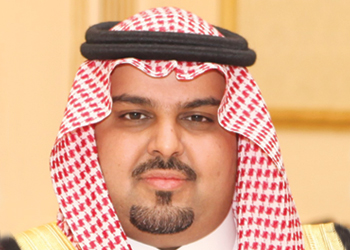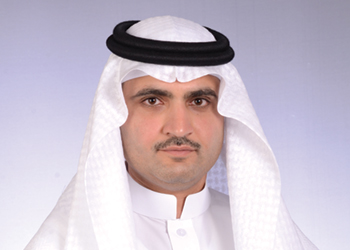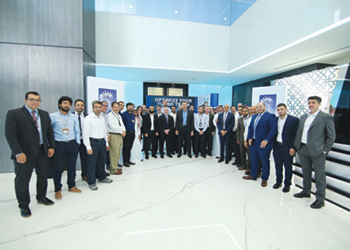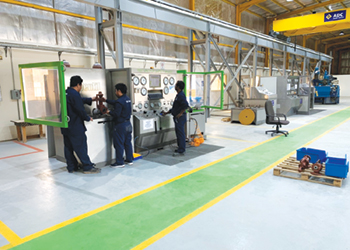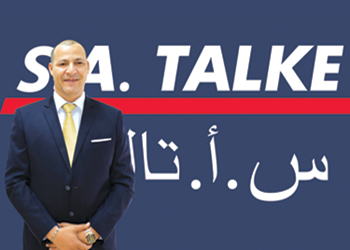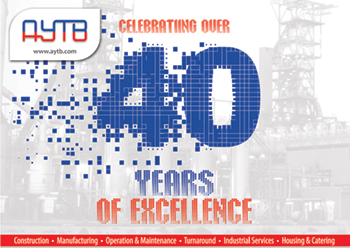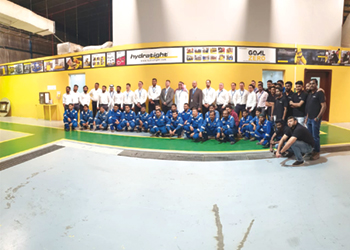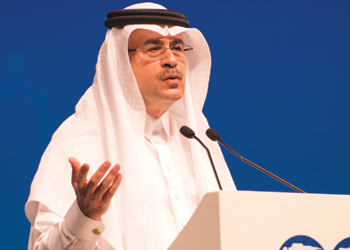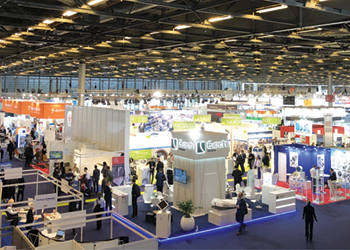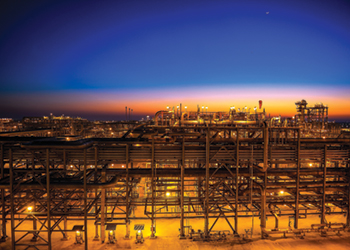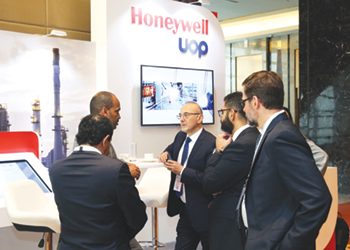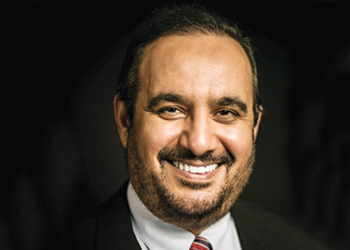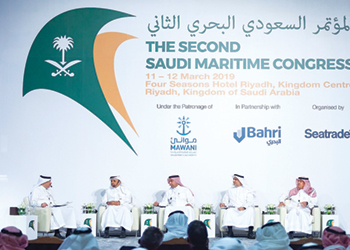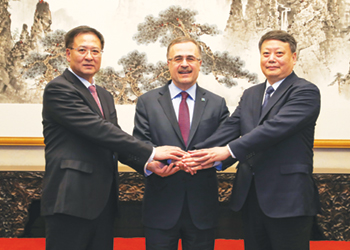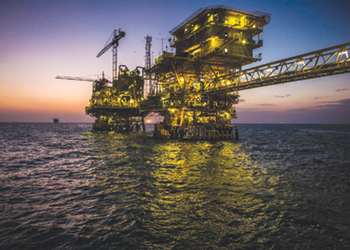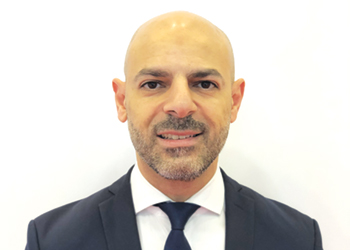
There still is 85 per cent of oil remaining in the Bahrain Field, although it is hard to get
Bahrain is looking to make use of carbon dioxide produced by Saudi Aramco for injection into the Bahrain Field in order to increase output when extracting oil, it has emerged.
Oil Minister Shaikh Mohammed bin Khalifa Al Khalifa said that the National Oil and Gas Authority (Noga) and Saudi Aramco had already signed an agreement to study potential ways to boost oil output and even the feasibility of a carbon dioxide transport and distribution network.
He was speaking during the opening of the 21st Society of Petroleum Engineers Middle East Oil and Gas Show and Conference (MEOS 2019). The minister said that despite current challenges and fluctuations in oil prices at the global level, investment in the oil industry remained necessary and Bahrain was keen to develop the sector to achieve returns that contribute in promoting the national economy. "There still is 85 per cent of oil remaining in the Bahrain Field, although it is hard to get," he said.
Talking about other projects, he said Italian energy company Eni will begin drilling the first oil exploratory well in Block 1 in the northern territorial waters of the country after the contract is signed shortly. Block 1 is an offshore area of over 2,800 sqkm.
Shaikh Mohammed said Bahrain was in talks with US shale oil companies for joint development of the Khaleej Al Bahrain oil and gas field discovered last year, and hopes to have an interested company by the end of the year, the oil minister said.
The discovery was estimated at about 80 billion barrels of tight oil and between 10 and 20 trillion cubic feet of deep natural gas.
Initial test wells have been drilled by US firm Halliburton and oil flows are expected by the end of April, he said. The minister said he expects an international company or consortium to sign up for development of the find by the end of this year.
Tight oil is a form of light crude oil held in shale deep below the earth’s surface that is extracted with hydraulic fracturing, or fracking, using deep horizontal wells.
Shaikh Mohammed also said financial close on funding of the Bapco refinery modernisation is expected within weeks. The foundation stone for the biggest industrial project in the history of Bahrain was laid by His Royal Highness Prime Minister Prince Khalifa bin Salman Al Khalifa in the presence of His Royal Highness Prince Salman bin Hamad Al Khalifa, Crown Prince, Deputy Supreme Commander and First Deputy Premier on the 5th of March.






































































